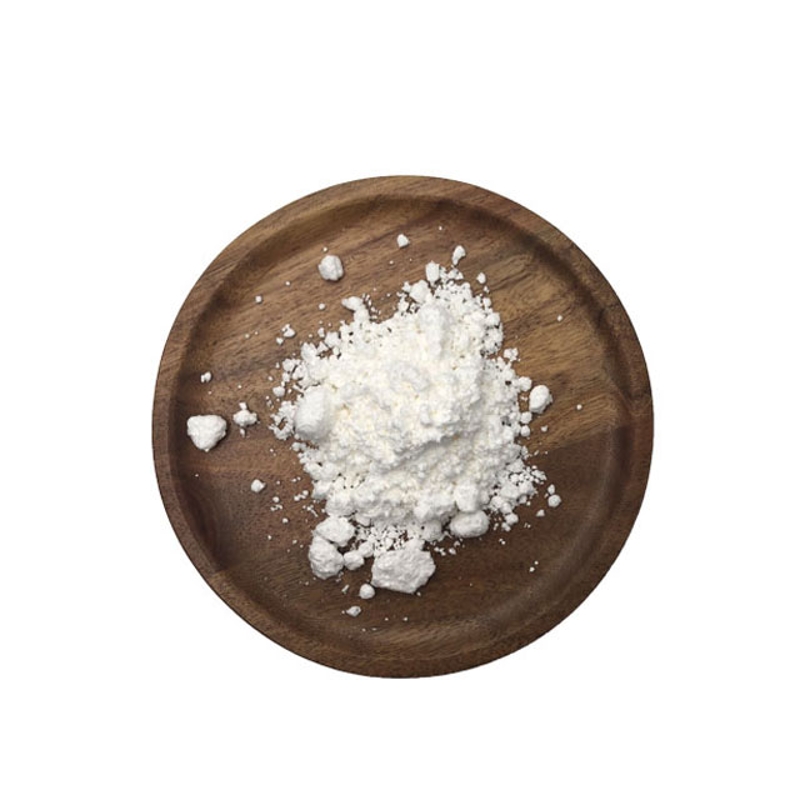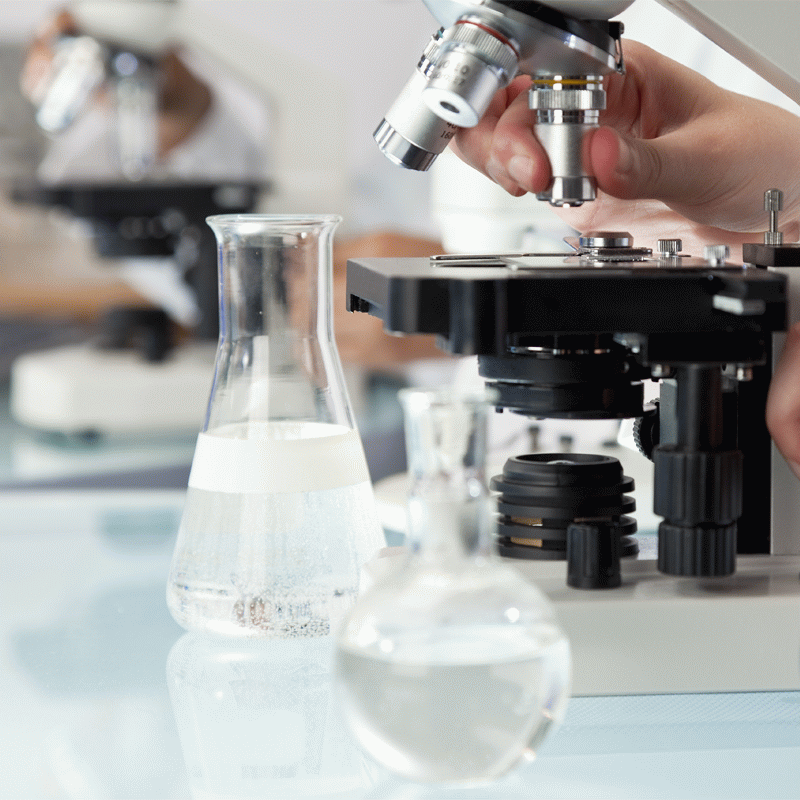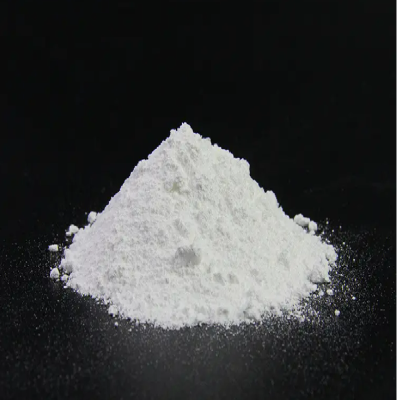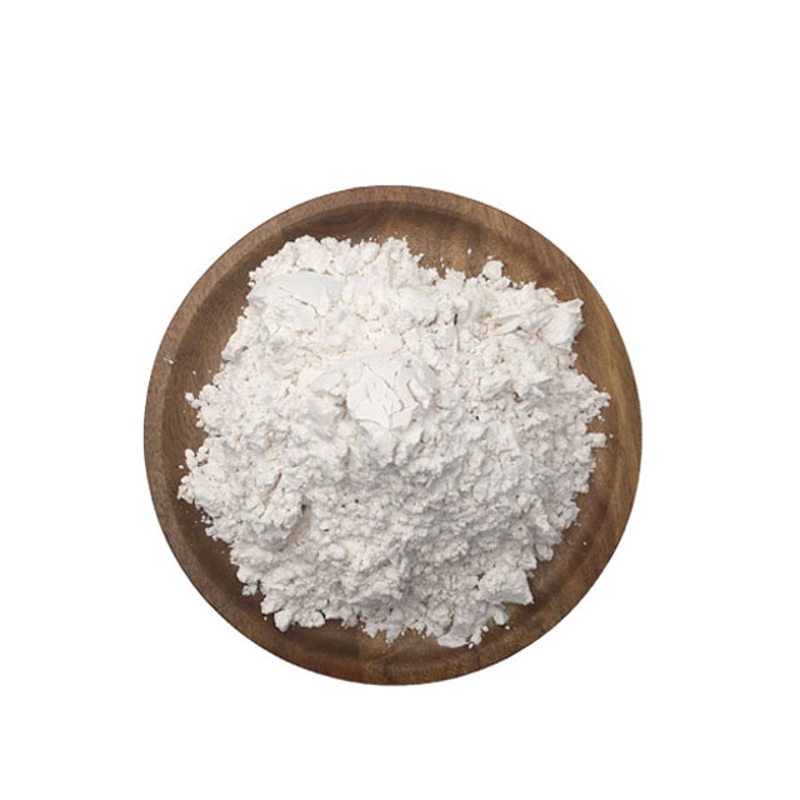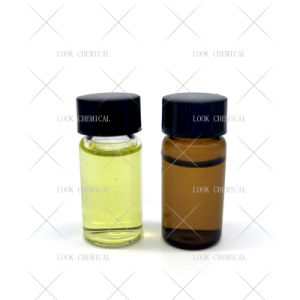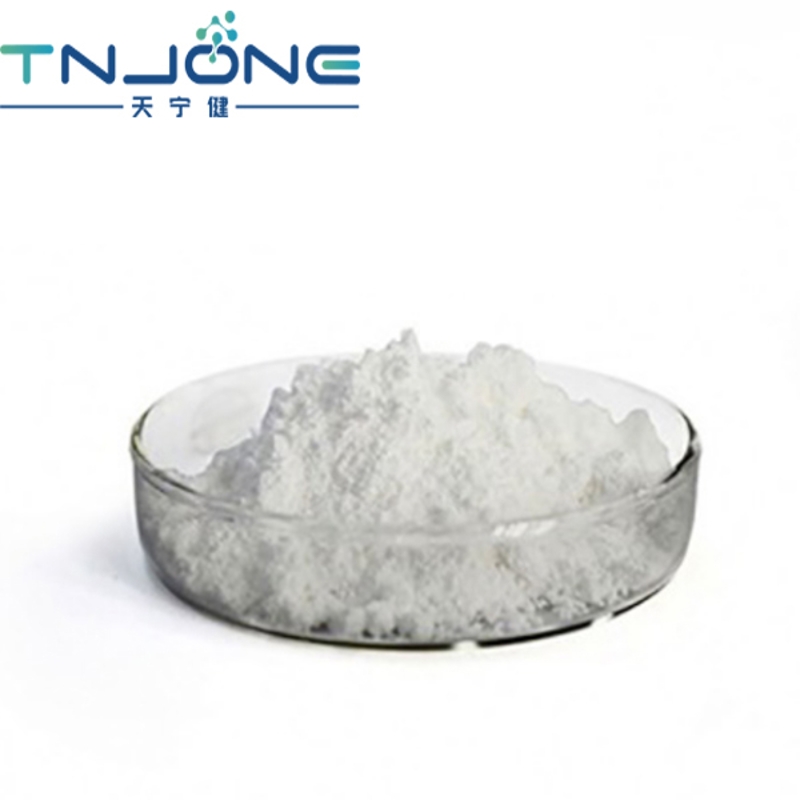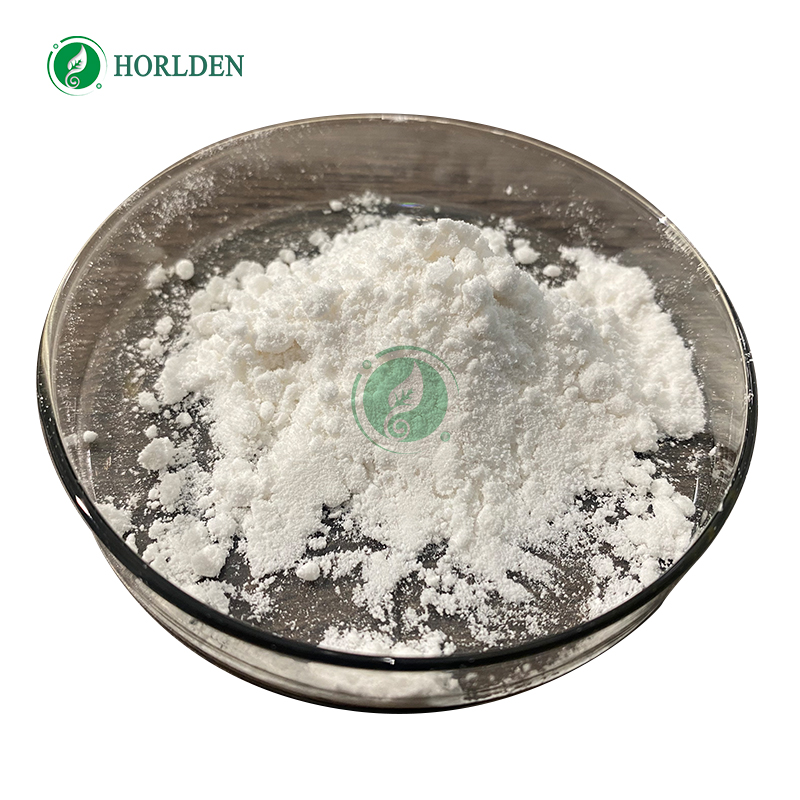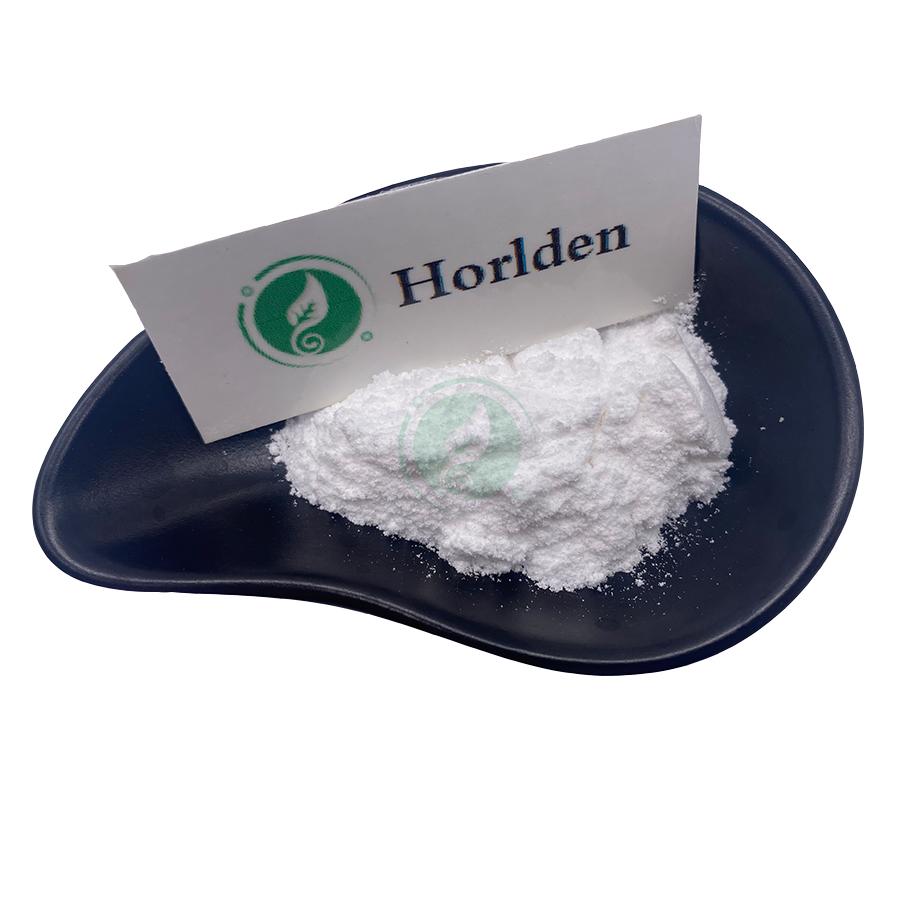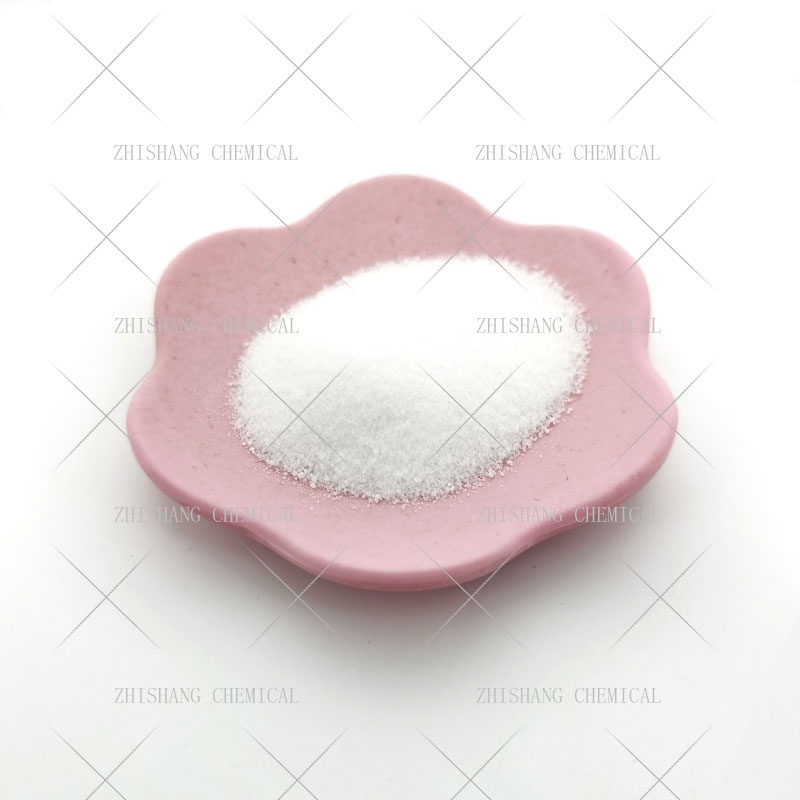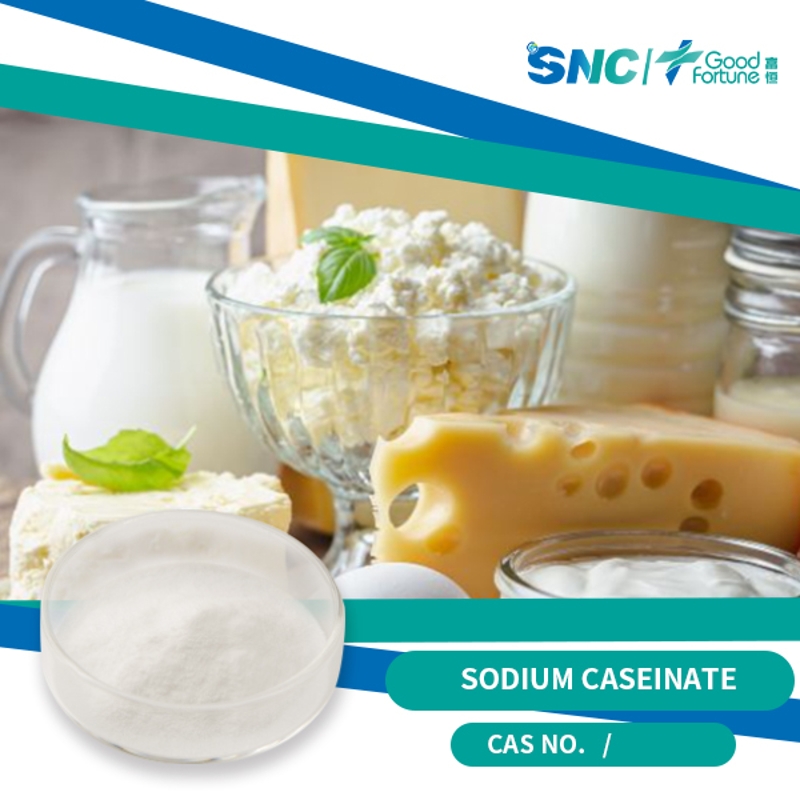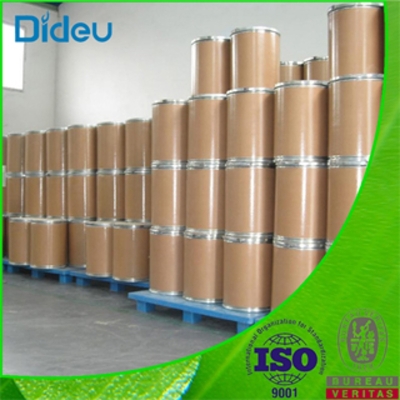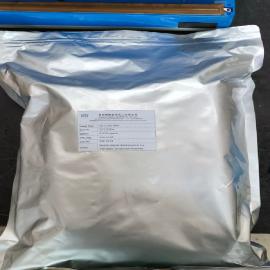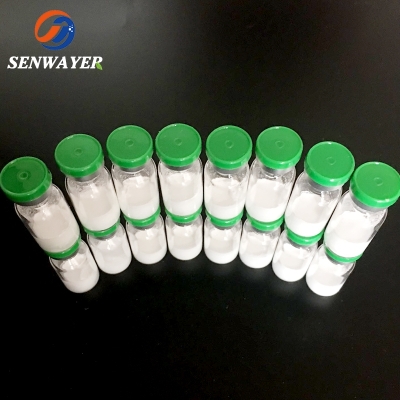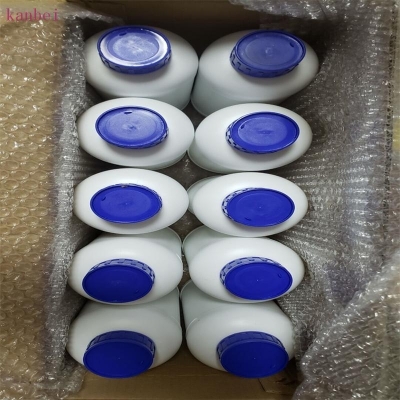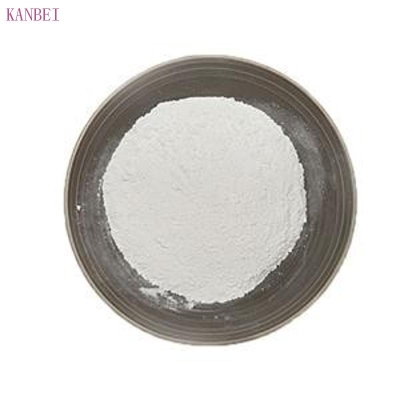Cosmetic Ingredient
- • Abrasive (124)
- • Absorbent (84)
- • Anticaking (66)
- • Anticorrosive (25)
- • Antifoaming (19)
- • Antimicrobials (290)
- • Antioxidant Ingredient (393)
- • Antiperspirant (20)
- • Antiplaque (48)
- • Anti-seborrheic (38)
- • Anti-sebum (39)
- • Antistatic (458)
- • Astringent (162)
- • Binding Agent (172)
- • Bleaching Agent (53)
- • Buffering (191)
- • Bulking (109)
- • Chelating (122)
- • Cleansing (679)
- • Cosmetic Colorant (212)
- • Cosmetic Preservative (158)
- • Denaturant (45)
- • Deodorant (98)
- • Depilatory (27)
- • Dissolving Agent (298)
- • Emollient (795)
- • Emulsifying Agent (480)
- • Emulsion Stabilising (154)
- • Exfoliating (19)
- • Film Forming (299)
- • Flavouring (72)
- • Foam Boosting (161)
- • Foaming (101)
- • Fragrance Ingredient (726)
- • Gel Forming (19)
- • Hair Conditioning (670)
- • Hair Dyeing (363)
- • Hair Fixing (36)
- • Hair Waving or Straightening (45)
- • Humectant (282)
- • Hydrotrope (92)
- • Keratolytic (20)
- • Light Stabilizer (80)
- • Moisturising Agent (50)
- • Nail Conditioning (42)
- • Occlusive (20)
- • Opacifying (119)
- • Oral Care (123)
- • Oxidising (19)
- • Perfuming (2105)
- • Plasticiser (98)
- • Propellant (19)
- • Reducing (50)
- • Refatting (12)
- • Refreshing (26)
- • Skin Cleansing (388)
- • Skin Conditioning (1751)
- • Skin Humectant (21)
- • Skin Protecting (282)
- • Smoothing (31)
- • Soothing (71)
- • Tonics (155)
- • UV Filter (34)
- • Viscosity Controlling (532)
Chemicals as Skincare Ingredients
Related News
-
Global Soybean Prices Drop as Tariff Fears Hit Markets Hard
2025-04-07 -
Novartis Launches Bold Attack Eyes 100 Billion Dollar Autoimmune Market
2025-04-09 -
Quaker Houghton Acquires Dipsol Chemicals, Strengthening Advanced Solutions Portfolio
2025-03-27 -
Saudi Aramco CEO: Invest in downstream projects in China's energy, chemical and other fields
2025-03-28 -
Mitsubishi Chemical to Phase Out Production by 2027 in Major Restructuring
2025-04-03 -
New IPDI Project Approved as Market Prices Surge
2025-04-03
Sort Skin Conditioning Alphabetically
Skin Conditioning
Sarsasapogenin
(126-19-2)-
- / 99.00%
-
Pharmacy Grade / 99%
-
Food grade / 99%
-
industrial Grade / 98%
Request for quotation , get quotes from more suppliers.
Sodium Lauroyl Sarcosinate
(137-16-6)-
Cosmetic grade / 30%
-
Cosmetics Grade / 99%
-
Cosmetic Grade / 29.0%
-
Cosmetics Grade / -
Request for quotation , get quotes from more suppliers.
Subtilisin
(9014-01-1)-
- / 98%
-
Industrial Grade / 99%
-
Pharmacy Grade / 99%
-
- / 99.00%
Request for quotation , get quotes from more suppliers.
-
- / 0.00%
-
Top Product / 0%
-
![SAGE OIL, SPANISH buy SAGE OIL, SPANISH]()
Industrial Grade / 98%
-
![Sage Oil 99.90% buy Sage Oil 99.90%]()
Request for quotation , get quotes from more suppliers.
-
Cosmetics Grade / 99%
$20-25/KG FOB
-
Cosmetics Grade / 99%
-
Cosmetics Grade / 99%
$110-120/KG FOB
-
Cosmetics Grade / 0.00%
Request for quotation , get quotes from more suppliers.
Sodium deoxycholate
(302-95-4)-
Pharmacy Grade Food Grade / 98%
-
Pharmacy Grade / 99%
-
Industrial Grade / 98%
-
Top Product / 99%
$109-129/KG FOB
Request for quotation , get quotes from more suppliers.
Sodium caseinate
(9005-46-3)-
food grade / 99%
-
Industrial Grade / 99%
-
- / 99.00%
-
Reagent Grade / 99%
$20-22/KG FOB
Request for quotation , get quotes from more suppliers.
Sucrose monooctadecanoate
(25168-73-4)-
-
Pharmacy Grade / 99%
-
-
Request for quotation , get quotes from more suppliers.
Soya lecithins
(8030-76-0)-
Industrial Grade / 99%
-
Food Grade / 70%
-
Pharmacy Grade / 99%
-
Industrial Grade / 99%
Request for quotation , get quotes from more suppliers.
St.-John's-wort, Hypericumperforatum, ext.
(84082-80-4)-
Food Grade / 20%
-
Industrial Grade / 99%
-
- / 0.3%
-
![St.-John's-wort,Hypericumperforatum,ext. buy St.-John's-wort,Hypericumperforatum,ext.]()
IndustrialGrade / 99.00%
Request for quotation , get quotes from more suppliers.
More Information
Skin conditioning are the collective name for ingredients in cosmetics that have effects on the skin, such as whitening, moisturizing, anti-aging, and acne removal. In jargon, they are also called active ingredients in cosmetics. These agents work by replenishing the skin's natural lipid barrier and enhancing its ability to retain moisture, resulting in softer, smoother, and more supple skin.
When skin conditioning agents are applied to the skin, they form a protective layer that helps to seal in moisture and prevent water loss. This barrier also helps to shield the skin from environmental aggressors such as harsh weather conditions and pollutants, promoting overall skin health and resilience.
Common Skin Conditioning
•Whitening agents: reduce melanin deposits and lighten discoloration
•Antibacterial agents: prevent or reduce skin bacterial infections
•Anti-allergic agents: reduce allergic reactions to irritants









